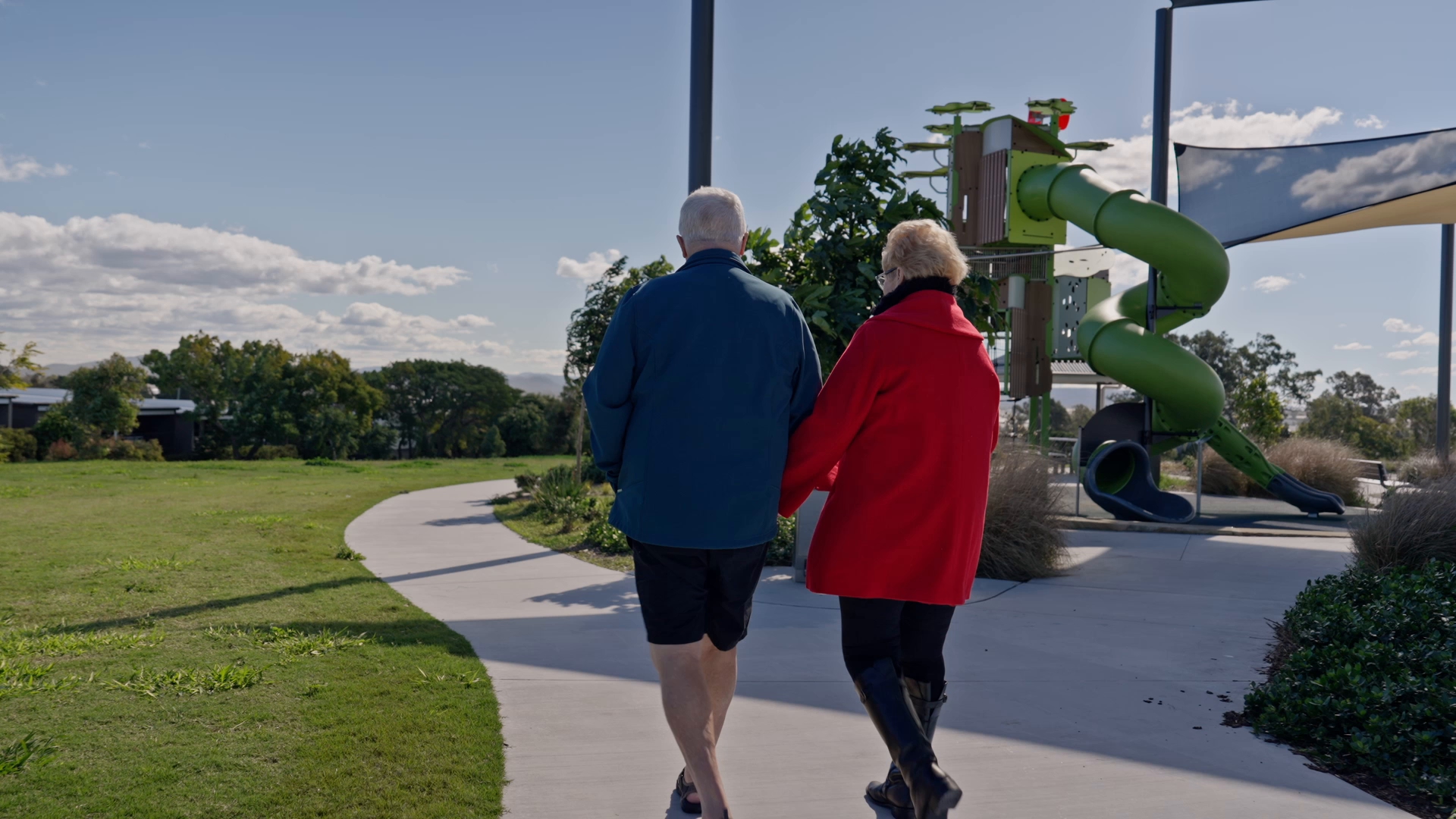Frequently asked questions

Children and young people who are unable to live at home need stable and supportive families to care for them until they can safely return home. Foster carers are responsible for meeting the child’s daily care needs which can include taking them to appointments, supporting their education, working with their counsellors or other therapists, transporting them to spend time with their family, teaching them life skills and ensuring that all the child’s health and wellbeing needs are met.
Foster carers also regularly attend meetings or home visits with the child’s care team. This ensures that everyone is kept up to date about the child’s needs and can work to achieve the desired goals for the child.
Carers support children through a range of experiences, emotions and events, such as contact with their family, therapeutic interventions and reunification where possible with their family.
Kinship carers are either related to a child, who is well-known to a child or a member of the child’s community. This includes grandparents, aunts and uncles, older siblings, teachers, family friends and mentors.
We tailor support to each kinship carer’s unique situation. Kinship care can give the child the best opportunity to remain connected to their family, loved ones and community whilst the child protection concerns are addressed. Inala Community House supports your transition from family member to carer.
There are several different types of care that you can select, based on your lifestyle and availability. The different types of care include:
Respite Care: This type of care provides short-term relief for primary caregivers, often family members, who need a break from their caregiving responsibilities. It can range from a few hours to several weeks and is designed to give caregivers time to rest and recharge while ensuring that the person needing care is safe and well-cared for.
Emergency Care: Emergency care is provided on short notice in urgent situations, typically when there is an immediate need for temporary placement due to unforeseen circumstances such as a family crisis, sudden illness, or other emergencies. It ensures the immediate safety and well-being of the individual until a more permanent solution can be arranged.
Short-Term Care: This type of care is provided for a limited duration, usually ranging from a few weeks to several months. It may be used when temporary arrangements are needed, such as during a transition period or when the primary caregiver is temporarily unavailable. Short-term care aims to meet immediate needs while planning for the person’s long-term care
Long-Term Care: Long-term care involves ongoing support and assistance over an extended period, often for children who are unable to live independently due to age, disability, or chronic health conditions.
No, you do not have to be an Australian citizen or obtain residency to be able to apply to be a foster carer.
Carers come from all walks of life. They can be married, single or de facto. Carers can be from a same-sex couple, working full time, and have their own children or pets. To be a foster carer, the key criteria is being able to provide a safe and stable environment for a child.
Foster carers receive an allowance which is a partial reimbursement towards the cost of providing care. This allowance is tax free and aims to cover things like clothes, food and educational needs for the child or young person.
Having a car is not a requirement to be approved as a foster carer. However, you should consider the additional responsibilities and travel needs, such as medical appointments, education, contact visits, and meetings that the child may require.
We care for children and young people between the ages of 0-18. We will help you consider the age and needs of the child you feel best match your family, interests, lifestyle and skills to help make the best possible match.
This varies greatly depending on the circumstances of a child needing a home. Sometimes your agency worker might have worked very closely with a particular child before; other times a child will be new into the child protection system and almost nothing will be known about them at first.
All foster carers undergo checks, as do all adult members of your household. These include working with children (blue card) checks and suitability checks through state, national, and international child protection, criminal, traffic, and domestic violence history. We also look at your health and wellbeing, your household safety, and in some cases, references from your family/employer. All couples, whether married or not, must apply to become carers together, and both committed to caring.
Yes, it’s a requirement for both partners to participate in the training and assessments, even if one person is primarily driving the application. Children in the household will also be involved in parts of the assessment. We encourage all household members, especially those over 18, to attend the training sessions.
Your case worker is available to provide both practically with the child in your care and emotional support. They will regularly check in with you and are your primary contact during office hours. Additionally, there is a 24/7 on-call service available to offer support during weekends, public holidays, at any time of the night for emergency situations.
Foster care and adoption are very different. Generally the goal for children placed in out-of-home care is to be reunified to their family when this is safe for them. In some exceptional circumstances carers can become guardians for children, however this only occurs if it is not probable that a child can be reunified to their family.
Find out more:
For more information on becoming a Foster or Kinship Carer, please see the resources below. We also recommend you visit the Australian Government website for more in-depth information on Foster and Kinship care.
Meet our Carers
We have created a strong community of carers who are connected and engaged. Watch the video to meet some of our carers.